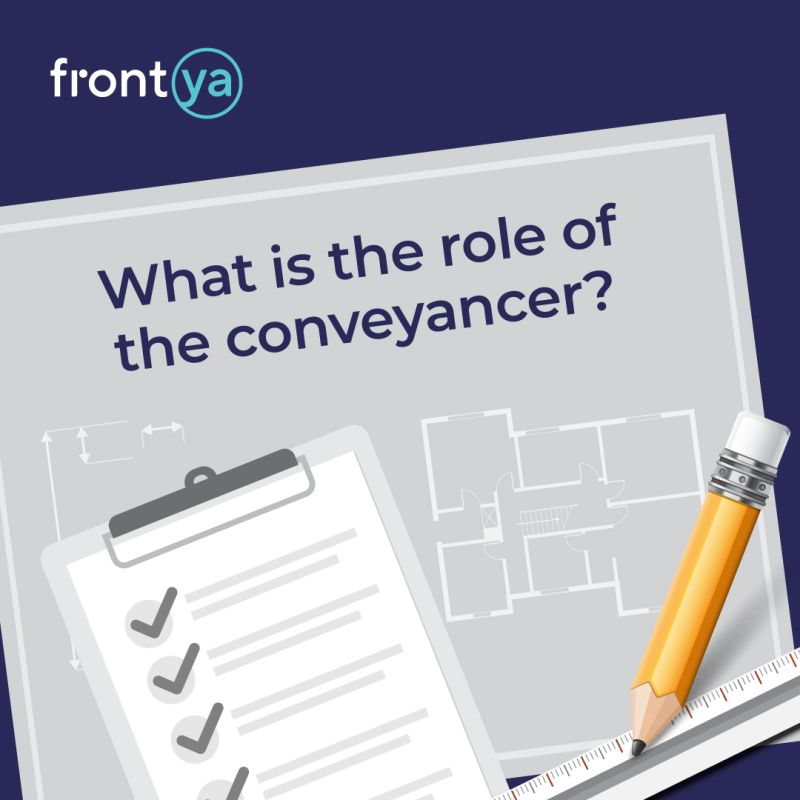Conveyancer for Beginners
The Main Principles Of Conveyancer
Table of ContentsAll about ConveyancerGet This Report about ConveyancerThe Basic Principles Of Conveyancer Conveyancer for BeginnersUnknown Facts About ConveyancerSome Known Questions About Conveyancer.
In regards to acquisition, they execute due diligence which involves the verification of all crucial legal papers. The due diligence determines any existing limitations; such as caveats and easements concerning the title certificate and any type of various other relevant documentation. Any kind of type of encumbrance can place restrictions on just how the building can be delighted in by the proprietor and for that reason, have to be verified prior to finalizing the contract.This might place the buyer in a setting of concession which can otherwise be stopped under the expert guidance of a conveyancer. Purchasing or marketing a residential property can entail a pair more financial responsibilities various other than the cost of buying the home. Apparently, an individual selling their residential or commercial property has actually paid the council 6 months beforehand.

The Best Strategy To Use For Conveyancer
The conveyancer should make sure that all lawful paperwork has been organized and planned for the efficient transfer of residential property ownership. The conveyancer acts as a guardian in behalf of the customer to ensure that nothing stands in the means of them taking ownership of the asset they have spent for.
During this moment, they guarantee all the documentation, cheques and papers required for the purchase are handed over. As soon as the settlement is full, the conveyancing solicitor will certainly get to out to the home buyer or their property agent for the conclusion of the sale. The challenges and responsibilities of a are much more complex than they can be placed into point of view.
Read more of Allen West's write-up at.
Department. Conveyancing is the legal process that takes place when legal possession is gotten of immovable residential or commercial property.
Some Known Incorrect Statements About Conveyancer

The costs are imposed according to the Regulation Culture's tariff standards. A Conveyancer must: At all times secure the interest of his/her clients and based on the signed Sale Agreement; Maintain all parties informed of the progression on their purchase and notify both parties of the conveyancing treatment and processes; Recommend the parties on the problems of the Sale Contract, especially regarding suspensive problems and responsibilities; Recommend the seller on the termination of his bond, any type of fines, notice durations and other management fees which may influence the settlement number; Acquire the seller's created directions before he/she, as the Conveyancer, concerns any type of assurances in respect of the deal; Do whatever in his/her power to sign up the purchase on or as close as possible to the date accepted in the Sale Agreement; Encourage both celebrations on their commitments in regards to their Sale Arrangement, so as to make sure that the transfer is not delayed needlessly; Meet both parties to sign the relevant paperwork connecting to the deal Prepare the acts for lodgement with the utmost treatment, so regarding make sure that they minimise the danger of a rejection of the paperwork by the relevant Deeds Windows registry; Inform both celebrations of the transfer on the day of registration; Account to both celebrations for financial resources connecting to the deal within 2/ three days complying with effective enrollment of the purchase in the appropriate Actions Registry.
It belongs to your conveyancer's work to work with a negotiation time with the opposite side's legal agent, throughout which time the residential or commercial property is officially negotiated and all documentation and cheques are turned over - Conveyancer. Upon settlement, your conveyancer will make call with you and/or your property representative to confirm negotiation and permit secrets to be turned over
No person desires to experience a demanding or frustrating situation when you should just be excited for your next step. This is where conveyancing can assist the procedure to relocate along properly. The duty of a residential property conveyancer is to handle this legal process of transferring the ownership and title of a home from the seller to the purchaser.
However lawyers frequently have a variety of areas they have know-how in, with conveyancing maybe being an area they don't practice in usually. The benefit of using a property conveyancer is that residential or commercial property transactions are what they accomplish consistently. They comprehend the process throughout and are really knowledgeable about it, making sure all relevant paperwork is given and the procedure is exact and prompt.
Conveyancer for Dummies
You can additionally fulfill with your conveyancer prior to home searching or selling your property if you need assistance in this process. If you have selected to sell or buy a building without a property agent, the conveyancer will certainly be able to take care of the Contract of Sale to guarantee it accurately reflects the sale or purchase.
Picking an option for no various other reason than it's more affordable can cause extra troubles in the lengthy term with an imprecise or inefficient solution. Look for a set price solution so you understand exactly what the process will certainly cost you and whether it matches your organized budget plan. Suggestions from close friends or family, or reading on-line reviews can also serve in finding a seasoned and reliable conveyancer.
Conveyancing lawyers and qualified conveyancers both oversee the conveyancing process. Nevertheless, their expert histories differ. A conveyancing solicitor is an individual who is a completely qualified lawyer (as a participant of the Law Culture) and that specialises in explanation conveyancing. A property lawyer will usually often tend to have experience in various other lawful areas as well.

Excitement About Conveyancer
They communicate with numerous events, consisting of the estate agent, vendor's conveyancer, and local authorities. The conveyancing process starts as soon as a deal on a residential property is accepted.
The purchaser's solicitor will certainly make sure the customer is educated concerning the paperwork and legal obligations. This phase involves discussing the conveyancing expenses and outlining the residential property details form. Being informed can avoid unanticipated problems as the procedure unravels. Building searches offer an objective in the conveyancing procedure. The purchaser's solicitor arranges these checks to disclose possible concerns with the building.
Local authorities could offer insight right into nearby future growths that might influence the residential property's value. A property's title actions represent a historical record of its possession.
This contract pack includes vital records like the home info kind, the leasehold details form, and the fittings and contents develop. At this phase, residential or commercial property legislation factors to consider develop, from common accessibility civil liberties to what fixtures come with the home.
Conveyancer - The Facts
On this day, the purchaser pays the remaining equilibrium, and the click to read more vendor transfers the residential or commercial property tricks - Conveyancer. There's usually a gap in between exchange and completion for buyers to settle details or make setups.